Legislators press Wisconsin DNR board appointees on wolves, sandhill cranes, PFAS
The Wisconsin Senate's Republican-controlled financial institutions and sporting heritage committee held a confirmation hearing for three appointees to the state Department of Natural Resources board.
Associated Press
August 23, 2023
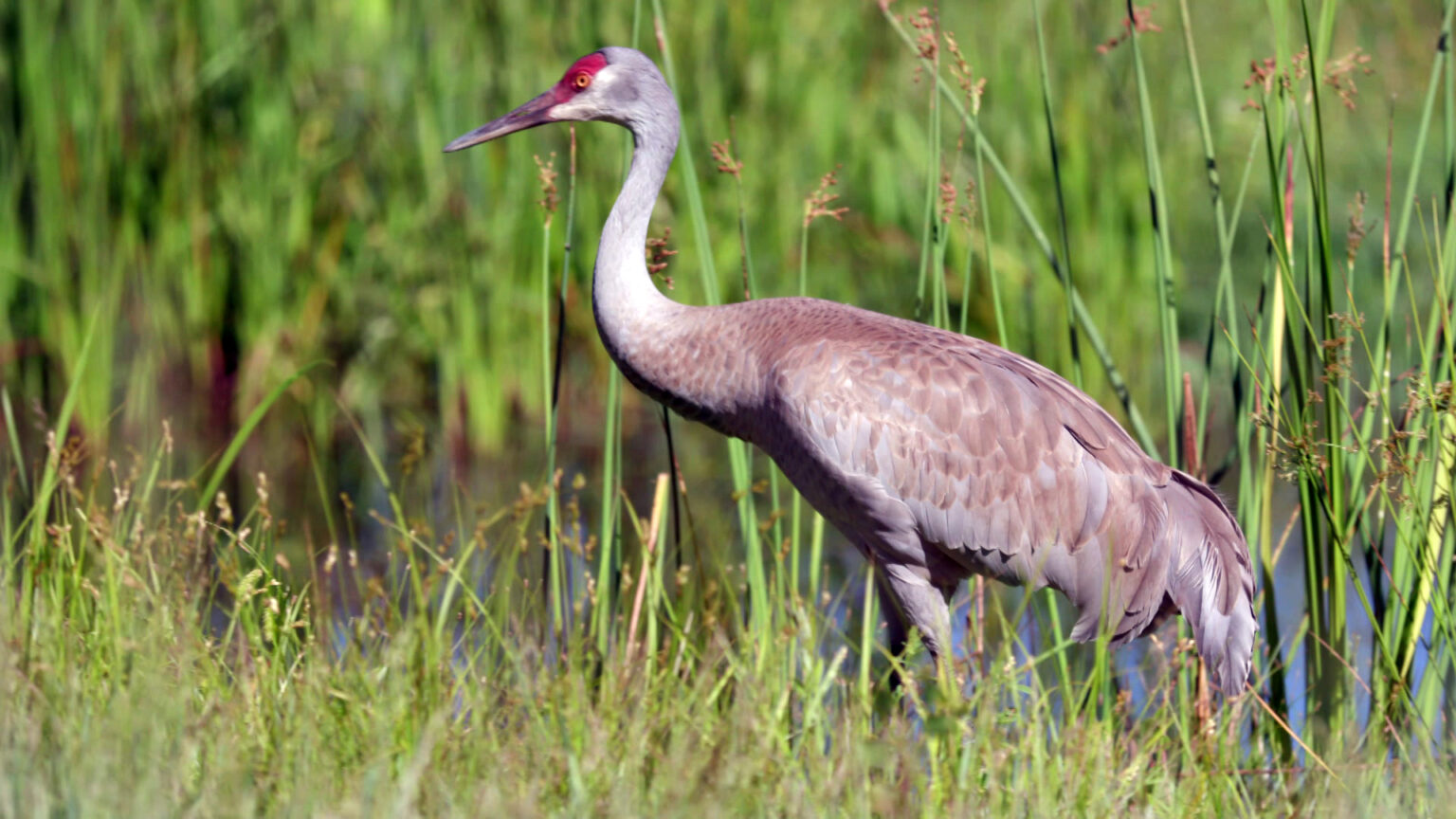
A sandhill crane walks in habitat at the International Crane Foundation in Baraboo on June 16, 2021. Republican legislators pressed three of Democratic Gov. Tony Evers' appointees to the Wisconsin Department of Natural Resources board on Aug. 23, 2023, about wolf management, a sandhill crane hunt and PFAS pollution costs ahead of possible confirmation votes. (Credit: PBS Wisconsin)
MADISON, Wis. (AP) — Republican legislators pressed three of Democratic Gov. Tony Evers’ appointees to the Department of Natural Resources board on Aug. 23 about wolf management, a sandhill crane hunt and PFAS pollution costs ahead of possible confirmation votes.
The state Senate’s GOP-controlled sporting heritage committee didn’t get a lot of hard answers from Sharon Adams, Dylan Jennings or Paul Buhr during a 90-minute hearing, however. The trio revealed little about their personal stances, keeping their answers vague.
Such hearings are typically the precursor to a committee vote on whether to recommend Senate confirmation. Gubernatorial appointees don’t need confirmation to serve as long as their predecessor vacates the position. But a Senate vote to reject them would result in them losing their jobs.
All seven members of the DNR board are Evers appointees, giving the governor complete control over state environmental and wildlife policy. The Senate has only confirmed two of them so far — Bill Smith, confirmed in 2019, and Marcy West, confirmed in 2020.
Evers appointed Adams to the board in 2021 and Jennings in May 2023. Jennings, a member of the Bad River Band of Lake Superior Chippewa, is the first Native American to serve on the board. Evers re-appointed Buhr in May. He appointed Sandra Dee Naas in 2021 and Jim VandenBrook in May.
Naas and VandenBrook were invited to the Aug. 23 hearing but could not attend. According to the governor’s office, Naas had a teaching commitment with the Drummond Area School District, where she serves as a natural resources and agriculture instructor, and VandenBrook was out of the country. That left Adams, Jennings and Buhr to face the committee.
The panel’s chairperson, Sen. Rob Stafsholt, asked each appointee if they believed the DNR’s wolf management plan should set a hard population limit and whether they believe people should hunt wolves.
The DNR plans to submit to the board in October a new wolf management plan that erases its current 350-wolf goal and replaces it with a recommendation to reduce the population if it reaches 1,200 wolves.
State law mandates an annual wolf hunt. But a federal judge placed wolves back on the endangered species list in 2022, prohibiting hunting. The new plan would go into effect if wolves are delisted, but the lack of a specific population goal has left hunters and farmers dealing with wolves preying on livestock fuming. Stafsholt, who hails from New Richmond in western Wisconsin, has authored a bill that would require the DNR to set a population limit in the plan.
Adams said she needs more information before deciding whether a hard population goal should be part of the plan. Jennings called it a “fantastic question,” and he’s going back and forth on it. Buhr said that farmers he has spoken with want fewer than 350 wolves in the state, but the DNR will have to work out a number that’s sustainable. He didn’t elaborate.
Stafsholt grumbled that scientists have studied wolves for 40 years and questioned when people will have enough data to make decisions. Jennings countered that science isn’t perfect and is always changing.
Stafsholt questioned Jennings on his beliefs about preserving wolves. Chippewa tribes see the wolf as a spiritual brother and oppose hunting it, going so far as to file a lawsuit in 2021 to try to stop the Wisconsin season.
Jennings responded that he doesn’t think the tribes are wrong to defend their beliefs. But he has never let his personal feelings get in the way of working with a broad range of constituents, Jennings said.
Sen. Mary Felzkowski asked the appointees if the state should allow hunting of sandhill cranes to prevent them from eating crops. Adams said she didn’t have an answer and studies should be done on whether the population could sustain hunting. Jennings said a hunt could be feasible if the population could sustain it, but because sandhill cranes are migratory other states should be consulted. Buhr said that it appears the cranes’ numbers have grown so much that a future hunt could be likely.
Felzkowski also questioned Adams and Buhr on who should pay for cleaning up PFAS contamination.
Adams said cleanup should be a collective effort combining government assistance and money from the polluter. Buhr echoed her, saying it should be a joint effort. If it’s determined that industrial companies that produce PFAS have concealed the health risks, they should be on the hook, he said.
PFAS, short for per- and polyfluorinated substances, are a broad class of chemicals used in nonstick, water- and grease-resistant products such as clothing and cookware, as well as some firefighting foams. The compounds have been linked to a variety of health problems, including liver and immune-system damage and some cancers.
Multiple Wisconsin municipalities, including Madison and Marinette, have discovered the chemicals in their groundwater. Wisconsin is one of 22 states that have sued 3M Co. over PFAS contamination.
 Passport
Passport




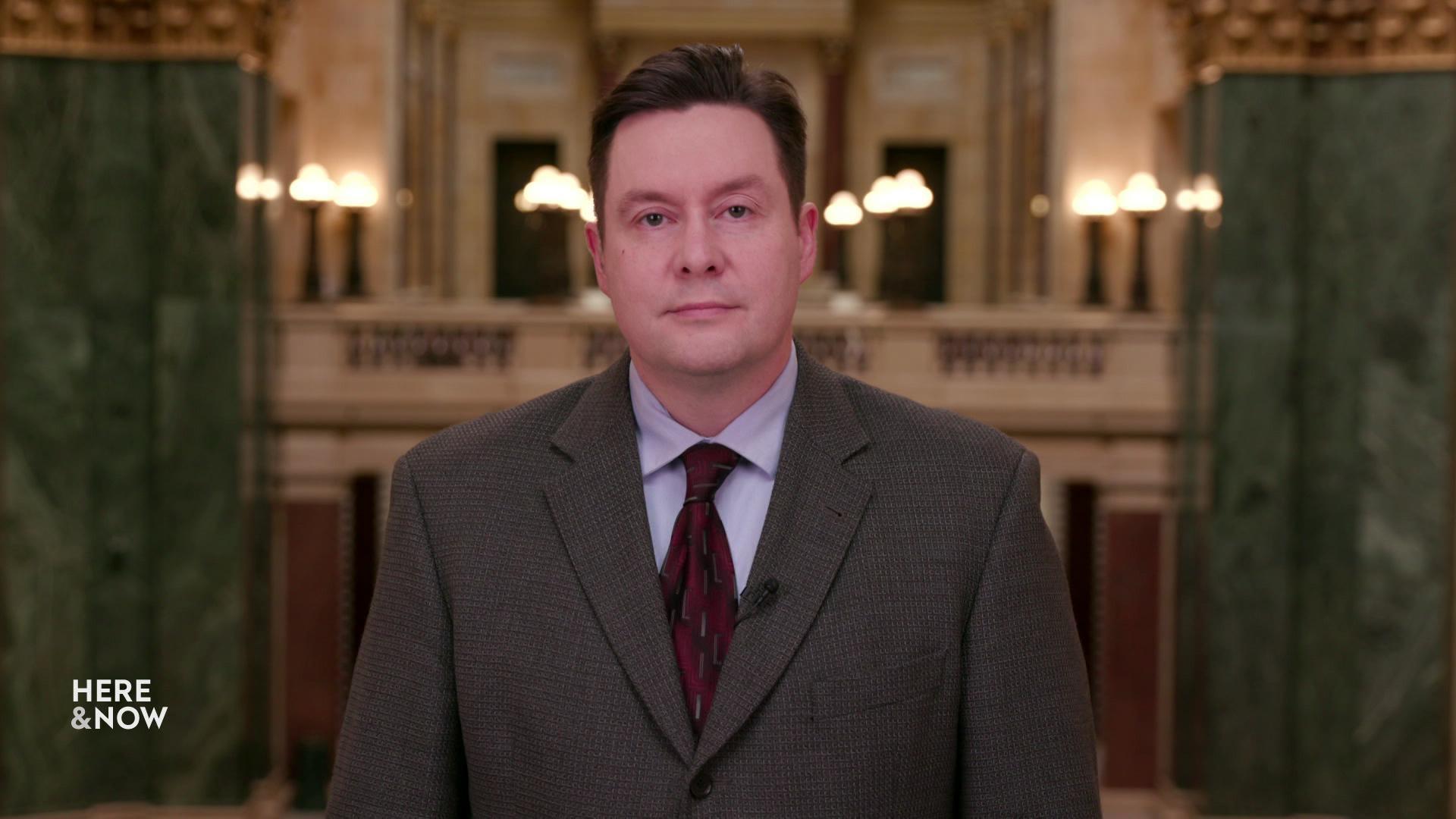
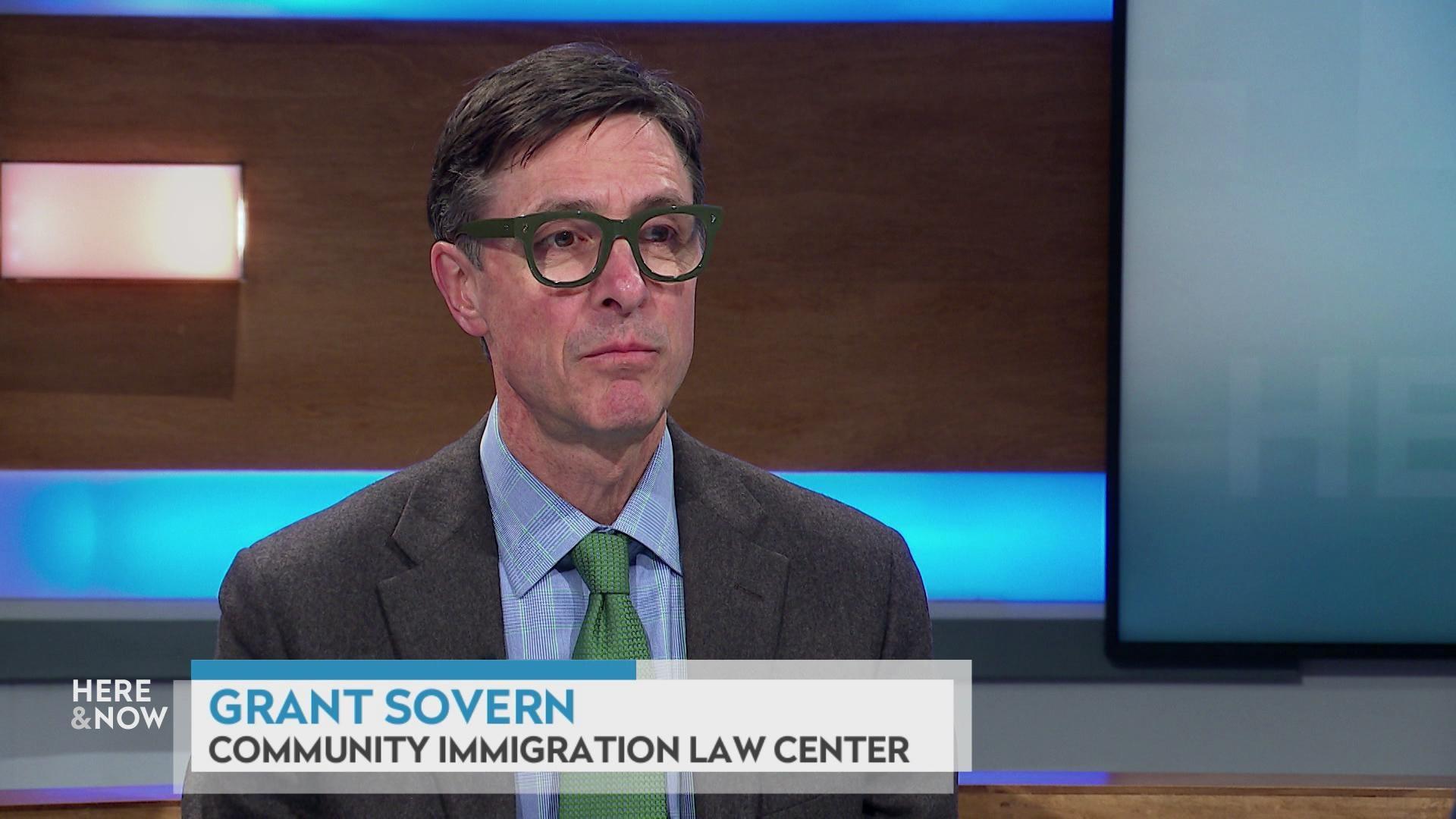
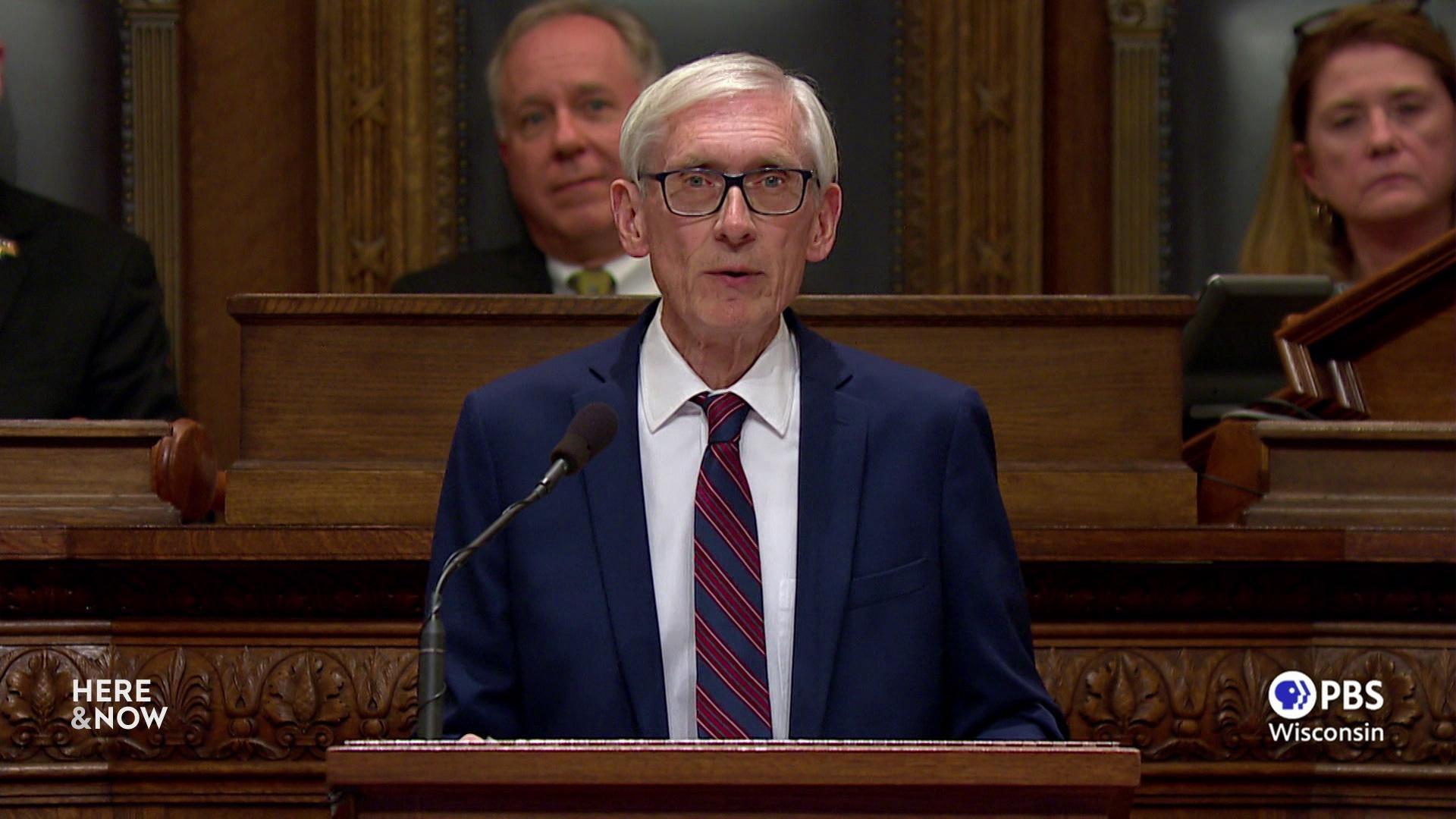

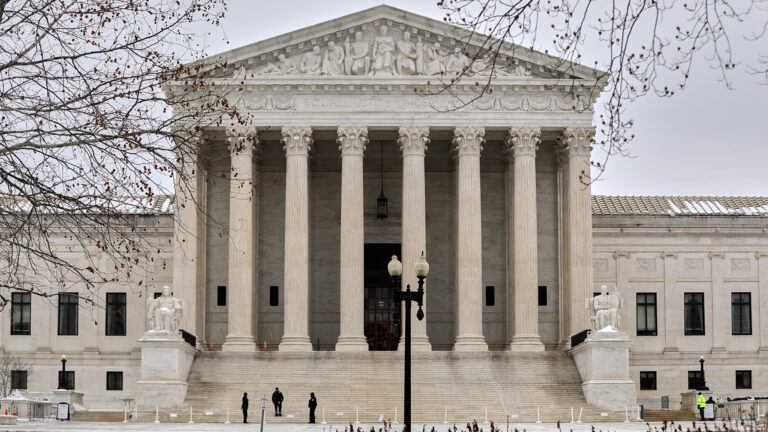
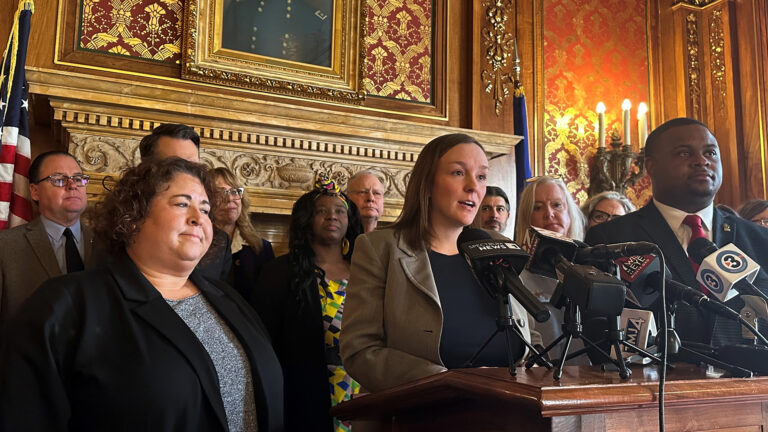

Follow Us